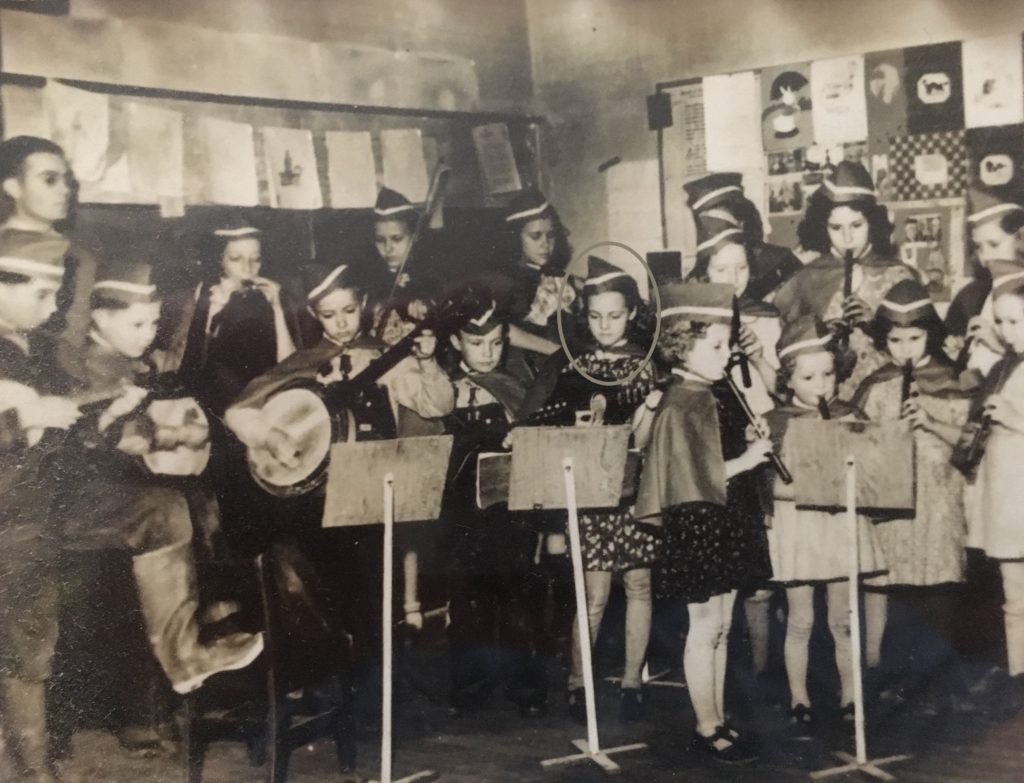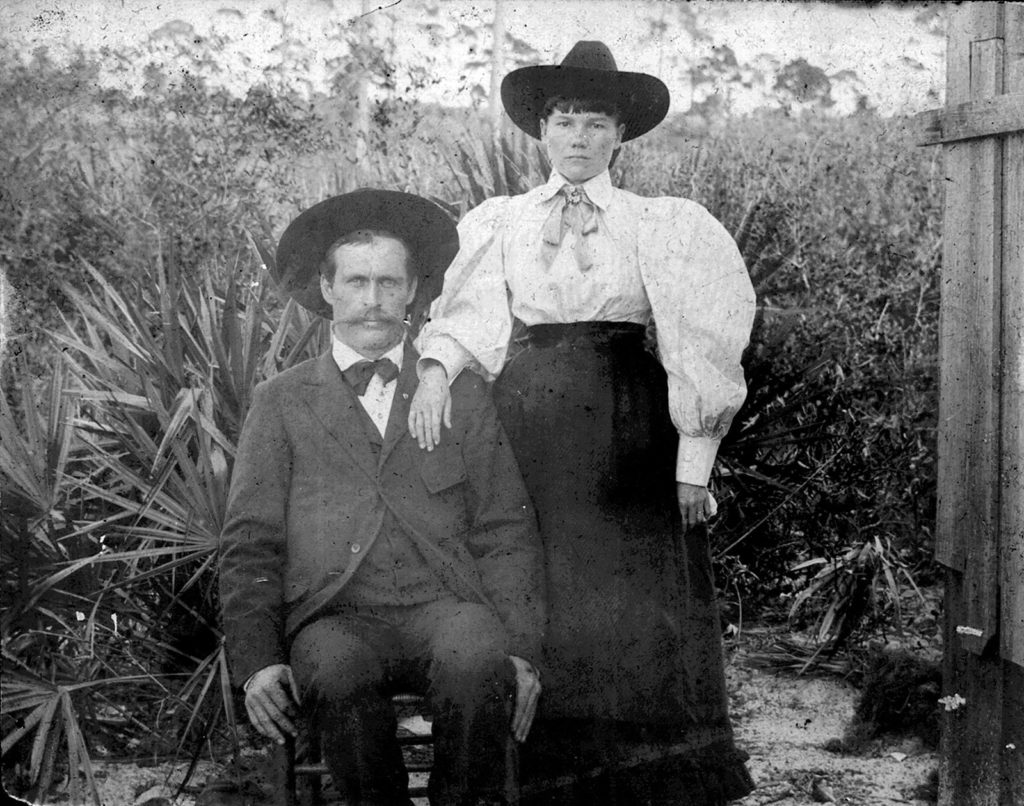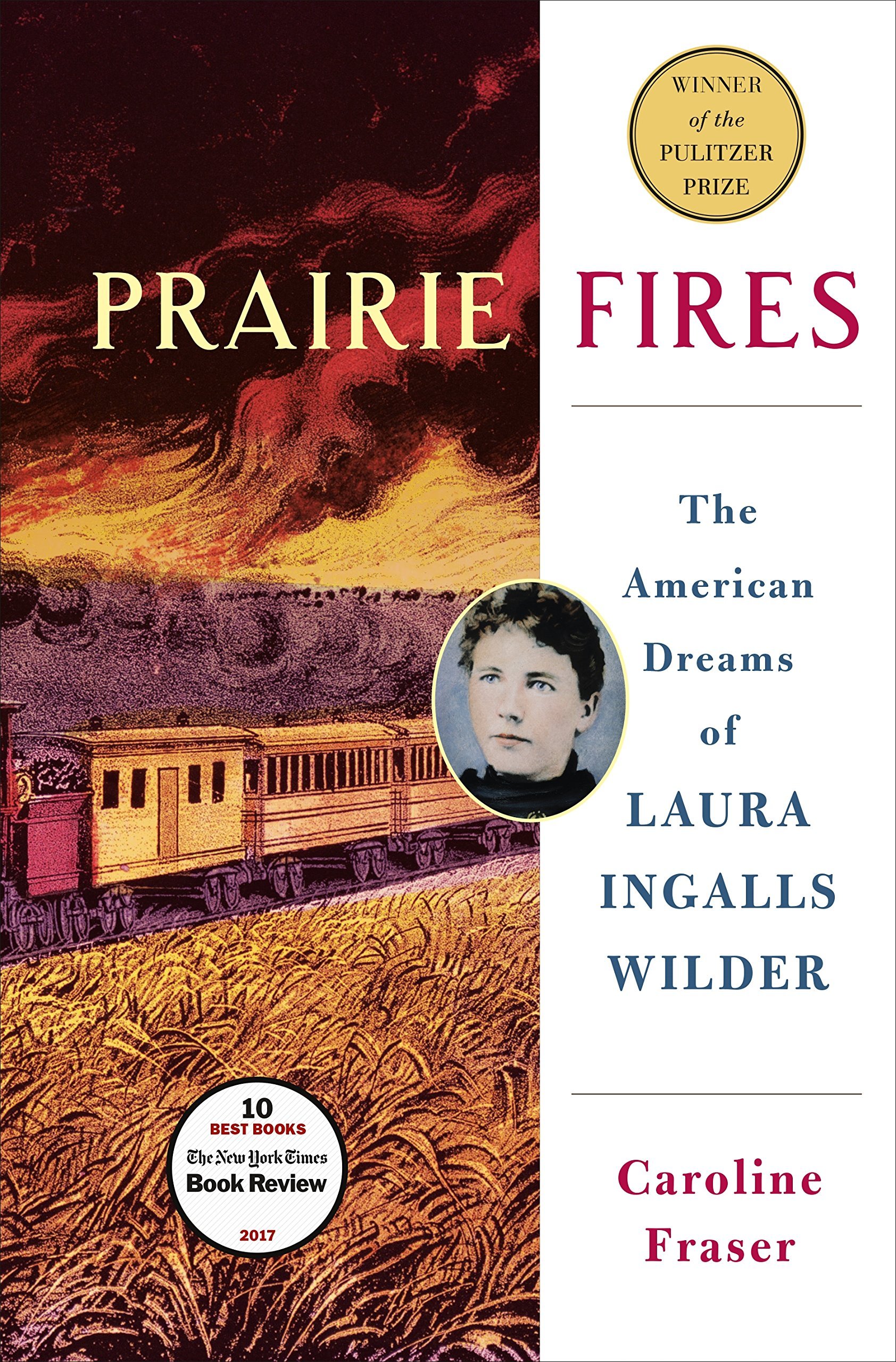Like many children, I was transported by the Little House books. In my case, when I was about seven or eight, my grandmother read them to me. We didn’t live near one another, so it was a special treat to get to hear the stories whenever we got together.
My grandmother grew up in rural Illinois, and though their home was much more sophisticated than a dugout or crude cabin like the Ingalls had, in my child’s mind, many of the hardships and adventures were intertwined.Her mother made all of her clothes. She learned music at an early age and her father was also a fiddle player. My grandmother remembers her father’s team of horses and how he would hitch them to the wagon and take them to the river to get gravel. She really did have a sheep that would follow her to school, and her dad would have to come get it and bring it home.

She recalled a time when the house had no electricity and how exciting it was when power came down their street. And she was mesmerized by a band of gypsies that stopped by the farm to water their horses. As a young girl growing up in the Depression, she was fascinated by the brightly colored clothes and shiny earrings. For her, it was like Dorothy stepping into Technicolor Oz.
Laura loved the area, walking with her cousins down to the Zumbro River every afternoon to fetch the cows home to be milked, watching the river “running along in the sunshine and shade trees and flowers on the banks.” That summer, the children stuffed themselves with ripe plums. By fall, grazing the cows in meadows on cut hay, they were building small camp fires where they toasted bread and roasted wild crab apples. ~ Pg. 81
Caroline Fraser’s Pulitzer Prize-winning biography expands on the Little House universe by filling in the gaps in Laura Ingalls Wilder’s semi-autobiographical novels. Starting with Laura’s parents, Fraser introduces us to a harsher pioneer reality than we saw in the books. She also makes connections between real life situations and beloved scenes reimagined by Wilder years later.
But the life experience she drew on — the model provided by her parents — was complex, comprised of equal parts recklessness and passivity. While the family had weathered disaster after disaster, their lives never attained true security. Rarely was there foresight or planning. Their lives were balanced on edge, constantly uprooted and often imperiled. ~Pg. 131
Although she had contributed to farming publications, Laura didn’t begin to write her memoir-ish children’s books until her 60s. She was encouraged to submit the manuscript by her daughter, Rose, a moderately successful writer. Mother would far exceed daughter in literary popularity.
Laura drew on her true life experiences to illustrate pioneer life. As Fraser posits, she softened the edges and omitted some deprivations, likely to bolster the memory and legacy of her beloved father. And she was eager to extol the virtues of the pioneer spirit, that their successes were hard-fought and deserved.

The truth was a bit more complicated, and when the children’s books became wildly popular, the American ideal of Westward Expansion and the bootstrap mentality became intertwined.
Fraser’s book is entirely engrossing, including the chapters about the strange Rose Wilder Lane (Honestly, that woman could probably have her own biography). Fans of the book series will enjoy seeing the inspiration for their favorite moments. Fraser’s exploration is revelatory but in no way ruins the charm of the Little House legend. She doesn’t admonish a reader for enjoying the novels, nor does she condemn Laura and Rose for glossing over harsher realities. Instead Fraser highlights the places where truth and fiction diverge and shows the reader how Little House became part of the American psyche.
My thanks to Picador for the review copy.
My rating: [icon name="star" class="" unprefixed_class=""][icon name="star" class="" unprefixed_class=""][icon name="star" class="" unprefixed_class=""][icon name="star" class="" unprefixed_class=""][icon name="star" class="" unprefixed_class=""]
Paperback: 656 pages
Publisher: Picador; Reprint edition (August 7, 2018)
Language: English
ISBN-10: 1250182484
ISBN-13: 978-1250182487

